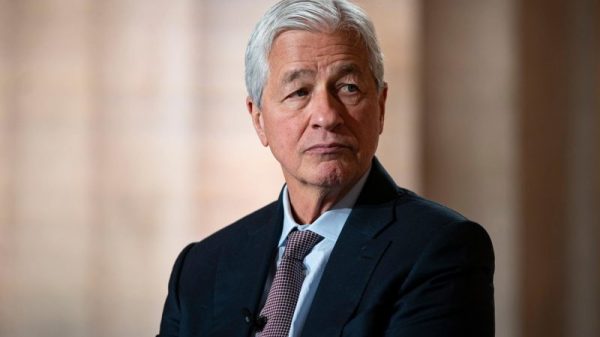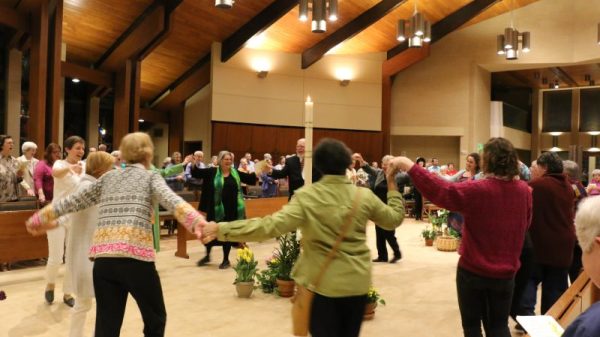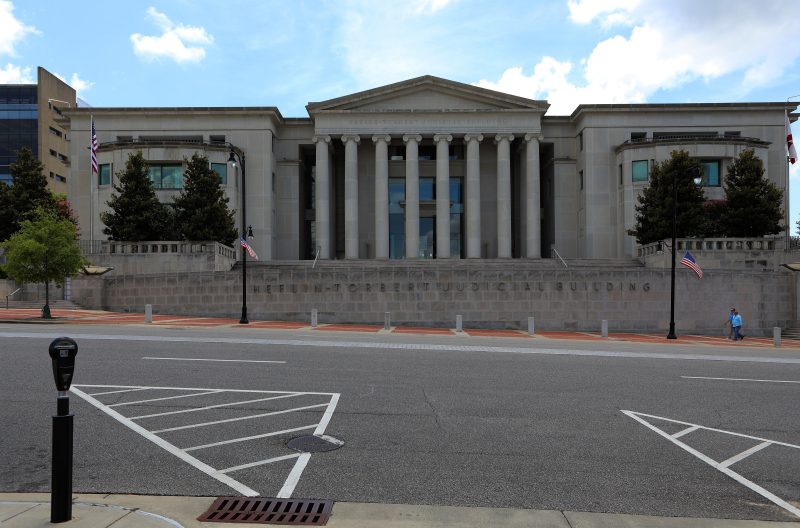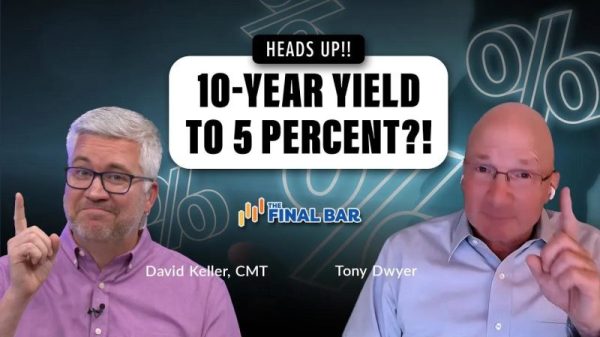The Alabama Supreme Court ruled Friday that frozen embryos are people and someone can be held liable for destroying them, a decision that reproductive rights advocates say could imperil in vitro fertilization (IVF) and affect the hundreds of thousands of patients who depend on treatments like it each year.
The first-of-its-kind ruling comes as at least 11 states have broadly defined personhood as beginning at fertilization in their state laws, according to reproductive rights group Pregnancy Justice, and states nationwide mull additional abortion and reproductive restrictions, elevating the issue ahead of the 2024 elections. Federally, the U.S. Supreme Court will decide this term whether to limit access to an abortion drug, the first time the high court will rule on the subject since it overturned Roe v. Wade in 2022.
The Alabama case focused on whether a patient who mistakenly dropped and destroyed other couples’ frozen embryos could be held liable in a wrongful-death lawsuit. The court ruled the patient could, writing that it had long held that “unborn children are ‘children’” and that that was also true for frozen embryos, affording the fertilized eggs the same protection as babies under the Wrongful Death of a Minor Act.
“It applies to all children, born and unborn, without limitation,” the court wrote. “It is not the role of this Court to craft a new limitation based on our own view of what is or is not wise public policy. That is especially true where, as here, the People of this State have adopted a Constitutional amendment directly aimed at stopping courts from excluding ‘unborn life’ from legal protection.”
The decision overruled a lower court that dismissed the suit because it said the embryos did not fit the definition of a child.
Antiabortion organizers and lawmakers have tried in the past to make it illegal to destroy embryos, though no other state’s high court has ruled on the matter in this way. In Tennessee, for example, an antiabortion activist told Republican lawmakers to wait a few years before talking about IVF and how to regulate it, according to a recording obtained by ProPublica. Kansas, among other states, has considered legislation that would ban destroying embryos, though that bill died in committee. The push for defining personhood has even affected tax law: Georgia now recognizes an “unborn child” as a dependent after six weeks of pregnancy.
In Alabama, voters passed a ballot measure in 2018 that granted fetuses full personhood rights but did not mention frozen embryos. After the fall of Roe, a near-total abortion ban went into effect in the state. Alabama now accounts for nearly half of all criminal cases related to pregnancy across the country, according to a tally by Pregnancy Justice.
Abortion rights advocates say the ruling is the “logical” next step for the antiabortion movement as it seeks to broadly define human life.
The court’s finding, they note, could have implications across the country for fertility treatments such as IVF — the medical procedure in which doctors extract eggs from ovaries and fertilize them with sperm outside the body, forming embryos that can subsequently be moved to the uterus — or even contraceptives.
“This is a natural extension of the march toward fetal personhood,” said Dana Sussman, deputy executive director of Pregnancy Justice. “You only need one state to be the first out of the gate, and then the next one will feel less radical. This is a cause of great concern for anyone that cares about people’s reproductive rights and abortion care.”
To give a patient the best chance at a pregnancy, Sussman said, multiple embryos are created in the hopes that a patient can try again if an attempt at a pregnancy fails. As a result, as many eggs as possible are often fertilized and kept frozen. After a patient becomes pregnant, what to do with the remaining embryos can be an agonizing choice.
The Alabama ruling could make that choice harder, as parents or clinics ponder whether disposing of the fertilized eggs could make them liable for punitive damages, advocates noted. It could also make health-care providers more reluctant to provide care and jeopardize the safety of embryos, as they might worry about inadvertently destroying an embryo, said Karla Torres, senior counsel at the Center for Reproductive Rights.
That could affect whether patients decide to pursue IVF.
In an amicus brief filed by the Medical Association of the State of Alabama, the group also warned that the ruling could make pursuing IVF more expensive, or result in fertility clinics shutting down or moving out of state because of the increased risk of lawsuits.
The justices shrugged off that concern, writing that it was up to the legislature to address that “policy-focused argument” and that it had a duty to provide legal protection to “unborn life” without exception.
In a concurring opinion that echoed that view but drew criticism, Alabama Supreme Court Chief Justice Tom Parker quoted the Bible as he examined the “sanctity of unborn life.”
“Human life cannot be wrongfully destroyed without incurring the wrath of a holy God, who views the destruction of His image as an affront to Himself,” Parker wrote. “Even before birth, all human beings bear the image of God, and their lives cannot be destroyed without effacing his glory.”
Kelly Baden, vice president for public policy at the Guttmacher Institute, said the chief justice’s use of theology in the ruling was problematic because it could mean a judge’s religious beliefs could affect a “deeply personal decision.”
It was not clear from the ruling if the destruction of embryos at any point or for any purpose would be allowed. The justices noted that the plaintiffs had signed contracts in which they agreed that their embryos could be destroyed or donated to research if frozen for more than five years. But because the trial court did not consider those arguments, Alabama’s high court elected not to resolve them either.
Baden added that the court’s ruling and the concurring opinion show that the broad reach of overturning Roe has empowered judges and legislators to restrict more than just abortion.
“The question of how far states can go or courts can go remains to be seen,” Baden said.





























